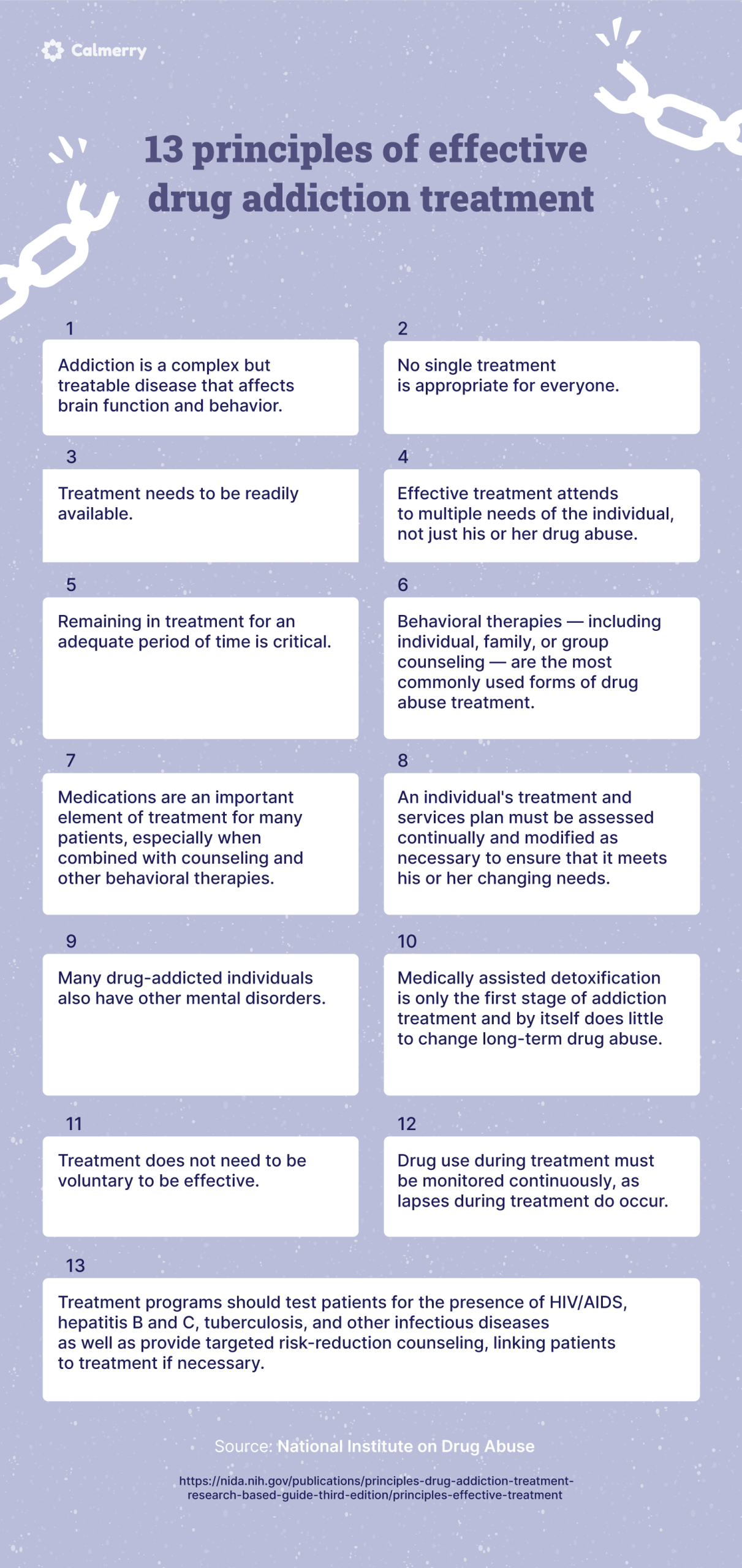
What are effective drug abuse treatment options available

Drug abuse is a pervasive issue that affects millions of individuals and families around the world. It encompasses various forms of chemical dependency, leading to detrimental impacts on both physical and mental health. Understanding what effective drug abuse treatment options are available is crucial for those seeking help, as it can be challenging to navigate the myriad of choices that exist. In this comprehensive guide, we will explore different treatment methods, focusing on their effectiveness in addressing chemical dependency and promoting recovery.
Finding an effective chemical dependency treatment program is vital for anyone struggling with addiction. Various treatment options are designed to cater to individual needs, ensuring a more personalized approach to recovery. This article will delve deep into the landscape of drug abuse, its consequences, and the treatment pathways that can lead to lasting recovery. By informing readers about the available options, we hope to empower individuals to take the necessary steps toward a healthier, substance-free life.
- Overview of Drug Abuse and Its Impact
- Understanding Chemical Dependency
- Common Substances Associated with Addiction
- Signs and Symptoms of Drug Abuse
- Importance of Professional Treatment
- Detoxification: The First Step Toward Recovery
- Behavioral Therapies: Addressing the Psychological Aspects
- Medication-Assisted Treatment: Combining Therapy with Medications
- Support Groups and Community Resources
- Long-term Recovery Strategies and Maintenance
- Conclusion: Finding the Right Treatment for You
Overview of Drug Abuse and Its Impact
Drug abuse represents a significant public health challenge that impacts not only the individual but also families, communities, and society as a whole. The prevalence of addiction results in a variety of social, economic, and health issues, including increased healthcare costs, criminal activity, and family dysfunction. Understanding the impact of drug abuse is essential to grasp the urgency of effective treatment options.
Substance abuse often leads to negative outcomes such as job loss, legal troubles, and fractured relationships. Moreover, drug addiction can exacerbate mental health disorders, creating a vicious cycle that is difficult to break. Recognizing these factors is critical for developing chemical dependency treatment programs that are effective and address the full scope of addiction.
Understanding Chemical Dependency
At its core, chemical dependency signifies the body’s adaptation to a substance, leading to a compulsive need for its continued use. Often characterized by an inability to control consumption despite negative consequences, individuals suffering from addiction may find it increasingly challenging to maintain their daily responsibilities. This segment will delve into the mechanisms behind chemical dependency and the physiological changes it brings.
The brain’s reward system plays a fundamental role in addiction. When someone consumes a drug, the brain releases neurotransmitters that create an intense feeling of pleasure. Over time, the brain adjusts to these changes, leading to desensitization and dependence on the substance. The cycle of addiction is perpetuated by increased tolerance and withdrawal symptoms, which necessitate the need for professional intervention and chemical dependency treatment.
Common Substances Associated with Addiction
A wide range of substances can lead to chemical dependency, with some being more widely recognized than others. Common drugs associated with addiction include alcohol, opioids, cocaine, benzodiazepines, and methamphetamines. Understanding these substances is crucial for recognizing the challenges of recovery and the necessary treatment protocols.
- Alcohol - The most commonly abused substance, alcohol can lead to numerous health problems and is often associated with social and mental health issues.
- Opioids - Prescription pain medications, such as oxycodone and morphine, are highly addictive and pose significant risks of overdose.
- Cocaine - This stimulant affects the brain's reward system and can lead to intense psychological dependence.
- Benzodiazepines - These medications are prescribed for anxiety and insomnia but can lead to significant dependency and withdrawal symptoms.
- Methamphetamines - A potent stimulant that significantly alters brain chemistry and can lead to devastating health outcomes.
Signs and Symptoms of Drug Abuse
Recognizing the signs and symptoms of drug abuse is vital for early intervention. Individuals struggling with addiction may exhibit behavioral changes, physical symptoms, and psychological effects that indicate a deterioration of their well-being.
- Behavioral Changes - Increased secrecy, withdrawal from loved ones, neglecting responsibilities, or engaging in risky behaviors are common indicators.
- Physical Symptoms - Changes in appearance, poor hygiene, weight loss or gain, and frequent nosebleeds (for cocaine users) can signal drug abuse.
- Psychological Effects - Mood swings, anxiety, depression, and paranoia can all be associated with substance abuse.
Awareness of these signs can facilitate early detection and intervention. If you or someone you know displays these symptoms, it is essential to seek professional help promptly.
Importance of Professional Treatment
Turning to professional treatment is critical in addressing drug abuse effectively. Detoxification, therapy, and support groups all play a role in promoting recovery. Self-management may not sufficiently address the complexities associated with addiction, making it essential to rely on trained professionals who can provide evidence-based interventions.
Additionally, many individuals suffering from chemical dependency may have co-occurring mental health disorders. A comprehensive treatment program must integrate mental health support to ensure a holistic approach to recovery.
Detoxification: The First Step Toward Recovery
Detoxification is often the first and most critical step in the recovery process. It involves the physiological process of clearing substances from the body while managing withdrawal symptoms. Detox typically occurs in a controlled environment where medical professionals supervise the individual’s health and safety.
The duration and complexity of detox vary based on the substance used and the severity of addiction. It can take anywhere from a few days to weeks, depending on factors such as the individual's health, the substance abused, and the extent of use. After detoxification, individuals are usually encouraged to transition into a more comprehensive treatment program for lasting recovery.
Behavioral Therapies: Addressing the Psychological Aspects
Addressing the psychological aspects of addiction is essential for effective chemical dependency treatment. Behavioral therapies are structured approaches that help individuals recognize harmful thought patterns and develop healthier coping strategies. These therapies often include cognitive-behavioral therapy (CBT), motivational interviewing, and contingency management.
CBT is particularly effective in breaking the cycle of addictive behaviors, helping individuals identify triggers and develop strategies to cope with cravings. Supportive environments encourage individuals to actively engage in their recovery process, turning therapeutic insights into real-life applications.
Medication-Assisted Treatment: Combining Therapy with Medications
Medication-assisted treatment (MAT) has gained prominence as an effective strategy for addressing substance use disorders, specifically opioid addiction. MAT combines behavioral therapy with medications that alleviate withdrawal symptoms and cravings. Common medications include methadone, buprenorphine, and naltrexone.
The goal of MAT is to stabilize patients and enhance their ability to engage in therapy and support groups. By alleviating the physiological aspects of addiction, individuals can focus more on the psychological components of their treatment. Research has shown that MAT significantly improves treatment outcomes and reduces the risk of relapse.
Support Groups and Community Resources
Engagement in support groups and community resources is an essential component of recovery. Programs like Alcoholics Anonymous (AA) and Narcotics Anonymous (NA) provide a network of support for individuals in recovery. These groups focus on shared experiences and mutual encouragement, which can significantly enhance the recovery journey.
Community resources also extend to counseling services, outreach programs, and educational workshops, all aimed at supporting individuals in overcoming addiction. Access to these services can be invaluable in creating a robust support system that fosters long-term recovery.
Long-term Recovery Strategies and Maintenance
Long-term recovery strategies are crucial for overcoming chemical dependency. Maintaining sobriety requires ongoing commitment and the establishment of healthy lifestyle choices. Regular follow-ups with healthcare providers, continued participation in support groups, and developing coping mechanisms can all play a role in preventing relapse.
Creating a stable environment and surrounding oneself with positive influences can further reinforce recovery efforts. Engaging in community activities, developing hobbies, and nurturing healthy relationships can facilitate a fulfilling and substance-free life.
Conclusion: Finding the Right Treatment for You
Effective drug abuse treatment options are vital for anyone struggling with addiction. It’s essential to recognize the depth of chemical dependency, understand the various options available, and seek the right treatment path. Whether through detoxification, therapy, medication-assisted treatment, or community support, there are numerous avenues for recovery.
By educating oneself and actively seeking help, individuals can make meaningful strides towards overcoming addiction and achieving lasting change. No matter how challenging the journey may seem, recovery is possible, and with the right support, a healthier, substance-free life awaits.
Did you find this article helpful? What are effective drug abuse treatment options available See more here Education.
Leave a Reply






Related posts